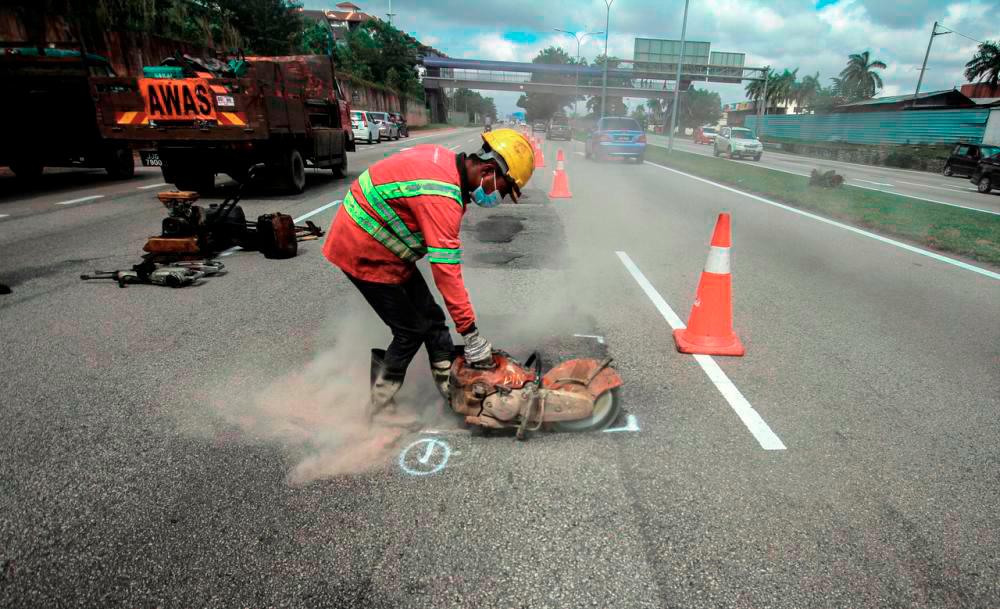WE often read in the media about views, comments or complaints from the public on services provided by government ministries, departments, agencies or local authorities.
These are the views from the grassroots, which represent suara rakyat or the people’s voice.
This is why it is imperative that the government and its agencies look at public complaints in the media seriously.
I have observed views, comments and complaints that appear in the media being ignored and not given serious attention by the relevant authorities.
This should not be the case as the image and quality of the public service depends on the service to the public which also includes attending to complaints and solving them.
Civil servants, who provide services to the public, are the medium between the government and the rakyat.
Any weaknesses or shortcomings in the service delivery will give rise to a negative perception towards the public service.
Government agencies and authorities should not view public complaints negatively.
On the contrary, it should treat all complaints positively as essential feedback to improve service delivery.
I would like to suggest that all ministries, government departments and agencies look at any complaints that appear in the media positively and treat them as a benchmark to gauge their service delivery and benchmark against the best practices.
Instead of being defensive about it, the authorities and agencies involved should consider public comments and complaints as important feedback, with an opportunity to improve their service by reviewing their existing modus operandi.
The time has come for the authorities to genuinely accept any comments and views on services rendered.
A reply must be given instead of just ignoring them. If the complaint is on technical aspects, correct it, if it is on civil servants’ attitude, improve it.
I want to propose that every government department establish a dedicated unit to monitor all complaints from the public that appear in the media.
Pay attention to all the comments, opinions and complaints expressed by the public and provide an appropriate response to them.
If the complaints are not valid, explain them to the public.
If they are genuine, address the matter and let the complainant know that the issue is being or has been resolved.
This would make the rakyat feel appreciated and heard by the government.
By attending to public views, suggestions, comments and complaints in the media, civil service accountability would be enhanced.
What we need now, at a time when most Malaysians are well-informed, educated and capable of critical thinking, is a transparent government and its delivery system.
In today’s world, the civil service can be likened to a company.
If the company’s customer service division is receptive and responsive towards complaints from customers and tries its best to resolve any issues, the company will have a positive reputation which would help it attract more customers and increase sales.
On the other hand, if the customer service division is indifferent or hostile towards customer complaints, the company would get bad publicity.
Imagine the impact on the company’s sales if it loses customers and worse if the bad publicity is spread via social media.
I think it is timely that the government humanises its complaints and provides quick responses, and acts on all complaints transparently and without fear or favour.
Tan Sri Lee Lam Thye
Kuala Lumpur













